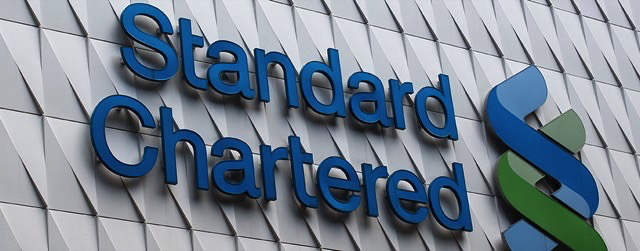Standard Chartered and Castex declined to comment on thelawsuit or accusations of share price manipulation. In astatement the Bombay Stock Exchange has said that it found noevidence of wrongdoing.
The court will need to answer two key questions, accordingto East. First, did a manipulation occur? If the answerto that is yes, then everything else falls away, hesays. Second, ought Standard Chartered be entitled toexercise a forced call, in respect of a mandatory hardconversion by the company?
The second consideration has other investors watchingclosely. The hedge funds in this case bought the optionto convert the bonds into equity, but they also appear tohave sold an embedded option that gave Castex the right tomandatorily convert the bonds into equity itself,explains Pradeep Yadav, a finance professor and derivativesexpert at the University of Oklahomas Price College ofBusiness.
For Yadav, the question is whether the funds knew aboutthat option position and its potential hazards. If so,they should have priced in or hedged that risk moreaggressively, he asserts.
The fact that Castex is a small company in a developingeconomy raises more concerns. Funds have to be aware ofthe risks they take when entering into transactions where thecompanies are single-person- or family-controlled,Yadav says. You may have to price the risk differentlybecause the share price volatility and other risks could besubstantial.
In a case that could run into next year, StandardChartereds relationship to Castex is fraught withpotential conflict. The bank was responsible for selling andmarketing the convertible bonds, which arguably gave it anincentive to make Castex look good.
At an initial hearing on July 29, Standard Charteredfailed to persuade the court to split the two questionsunderpinning the lawsuit into separate cases. Doing so wouldhave diverted scrutiny of the banks sales and marketingefforts from any question of stock price manipulation byCastex.
Attorney East and his colleague Sue Prevezer successfullyargued that Standard Chartered had a close sales andmarketing relationship with Castex that included advice andlending. The bank denies this characterization, but theresult of the first skirmish with the hedge funds makes itharder to push off their claim that it should end up with theshares.
A second case against Standard Chartered is going ahead inthe U.S. New Yorkbased Och-Ziff Capital Management,which had no comment, also held the same derivatives on theCastex issue, but its bonds were governed by New York statelaw.
I dont think this is necessarily a one-offcase, finance professor Yadav says of the U.K. lawsuit.Funds that transact in any [sold] option positions haveto be conscious of both explicit and implicit risk and manageboth accordingly.




